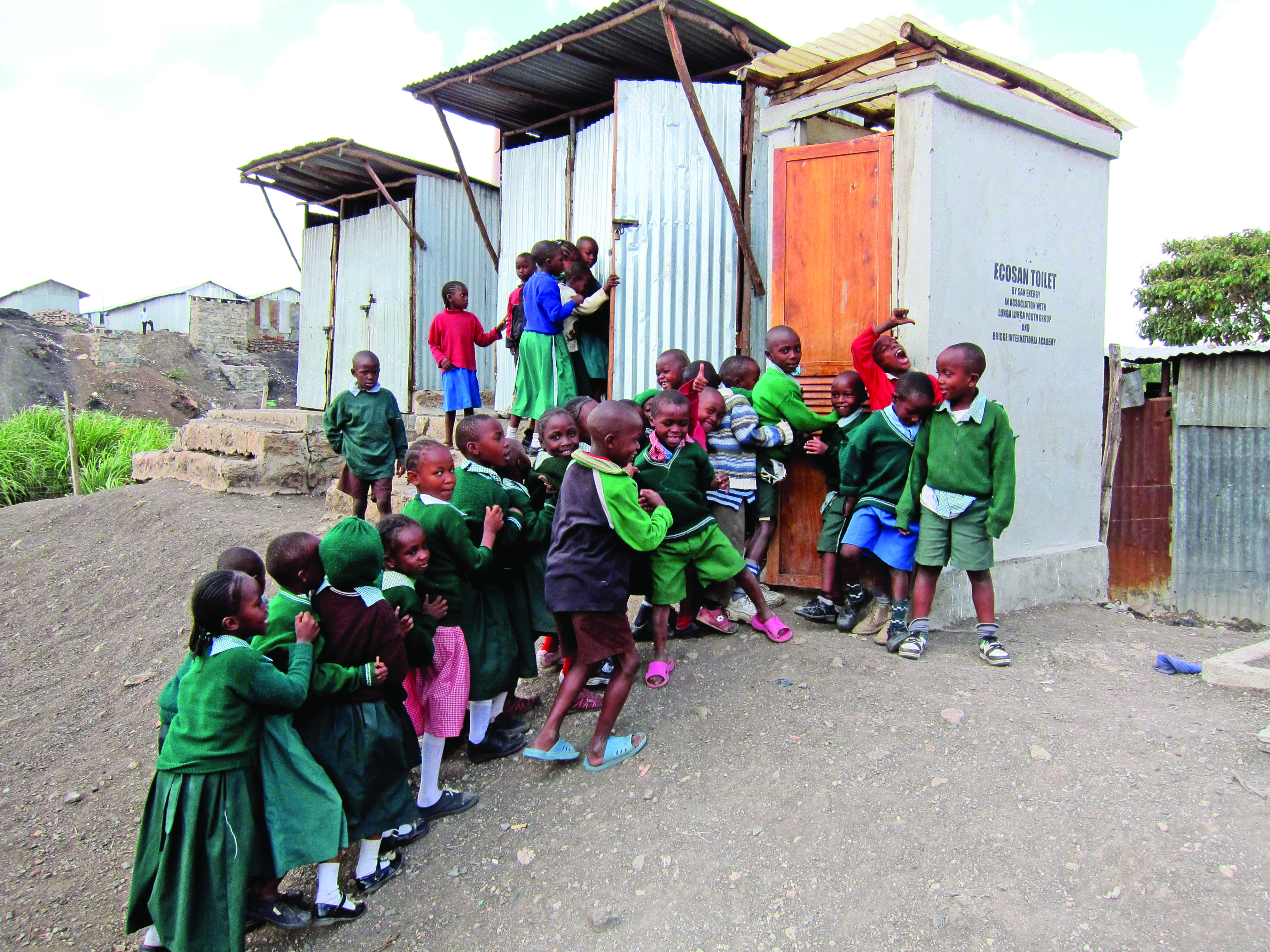
Date - 10th-25th May, 2021
BACKGROUND:
Will building more toilets end our quest for the sanitation utopia?
Certainly not.
Countries across the globe are waking up to the fresh challenge of disposal of the massive quantities of solid and liquid waste generated by the new toilets they have built. What's more, they have to ensure availability of enough water to make the usage of these toilets sustainable. This waste can easily turn into a serious health hazard by seeping into our lands, our groundwater and our surface water bodies.
Countries in the Global South as at special risk: their poor are the worst sufferers. The challenge is intensified in rural areas, where on-site containment is the only solution.
The coronavirus pandemic teaches us that we are as weak as the weakest link in the chain- We must ensure that everybody has access to public health and clean water, so that nobody is left out and nobody can be the carrier of the virus. It is essential that we talk about the sustainability of groundwater resources- the most common source of water for rural areas across the globe.
Key takeaways:
Knowledge of safe adaptable and sustainable technologies for managing toilet waste
Understanding of decentralized technologies used for management of grey and black water
Training on how to reuse of the wastewater/faecal sludge.
Guidance on the use of Information, Education and Communication (IEC) materials effectively for safe disposal/reuse of faecal sludge.
Connecting water to toilets – how to make the usage of toilets sustainable.
About the training:
This is a specialized training program being organized by CSE and is designed to develop capacities for the government officials of Tanzania. It is aimed to equip them to better manage and implement sanitation projects in the rural areas of Tanzania
The course comprises of material handpicked from years of CSE's work in the field for self-study, and learning tools such as presentations, audios and videos, all featuring the most relevant case studies. The training will provide online forums for discussion. Quizzes and assignments will also be part of this program. There will be live sessions with experts to enable participants to interact and learn more and also clear the doubts.
Swati Bhatia
Program Officer,
Rural Water-Waste
Program
Email:
swati.bhatia@cseindia.org